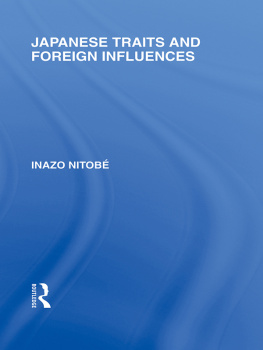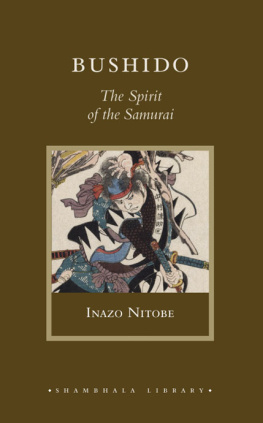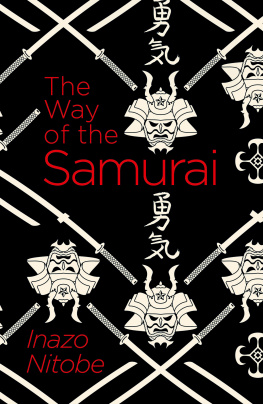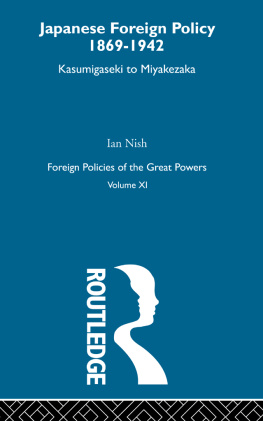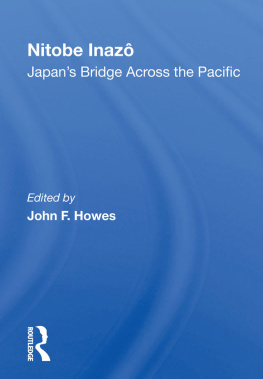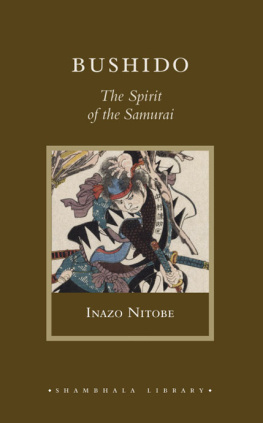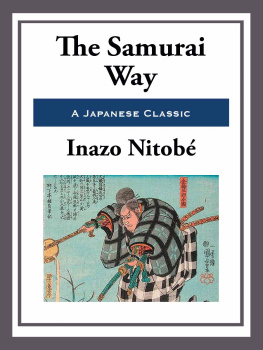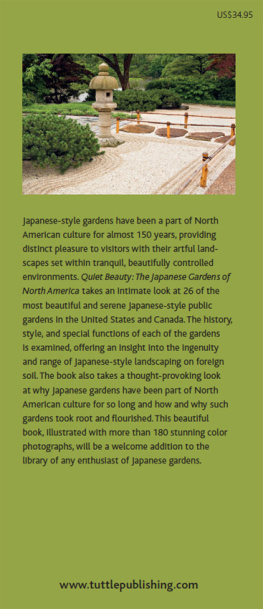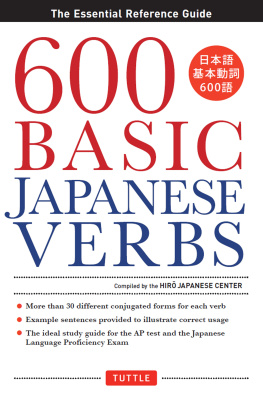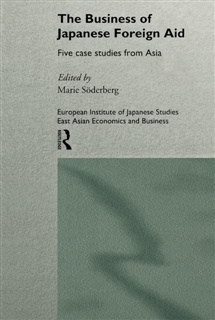First published in 1927
This edition first published in 2011
by Routledge
2 Park Square, Milton Park, Abingdon, Oxon, OX14 4RN
Simultaneously published in the USA and Canada
by Routledge
270 Madison Avenue, New York, NY 10016
Routledge is an imprint of the Taylor & Francis Group, an informa business
This edition published in the Taylor & Francis e-Library, 2010.
To purchase your own copy of this or any of Taylor & Francis or Routledges collection of thousands of eBooks please go to www.eBookstore.tandf.co.uk.
1927 Kegan Paul, Trench, Trbner & Co. Ltd.
All rights reserved. No part of this book may be reprinted or reproduced or
utilised in any form or by any electronic, mechanical, or other means, now
known or hereafter invented, including photocopying and recording, or in any
information storage or retrieval system, without permission in writing from the
publishers.
British Library Cataloguing in Publication Data
A catalogue record for this book is available from the British Library
ISBN 0-203-84514-5 Master e-book ISBN
ISBN 13: 978-0-415-56498-4 (Set)
eISBN 13: 978-0-203-84317-8 (Set)
ISBN 13: 978-0-415-58535-4 (Volume 39)
eISBN 13: 978-0-203-84514-1 (Volume 39)
Publishers Note
The publisher has gone to great lengths to ensure the quality of this reprint but
points out that some imperfections in the original copies may be apparent.
Disclaimer
The publisher has made every effort to trace copyright holders and would
welcome correspondence from those they have been unable to trace.
Japanese Traits and Foreign Influences
BY
INAZO NITOB
Professor in the Imperial University of Tokyo
LONDON:
KEGAN PAUL, TRENCH, TRUBNER & CO. LTD.
BROADWAY HOUSE: 6874, CARTER LANE, E.C.
1927
PREFACE
As must be apparent from its disconnected chapters, the present volume consists of essays and lectures prepared from time to time in the course of the last five years. They have, however, been entirely rewritten so that they betray their original form only by traces of local allusion and by the general lines of argument. Chapters consists partly of articles contributed to the Amsterdam newspaper De Telegraaf.
Finding that interest in the ways and thoughts of an Oriental people is more wide-spread than the public I have been privileged to reach by the lectures, I have now collected them in their present form.
Though they were first prepared without reference to one another, being the work of one mind and treating different phases of the life and thought of one people, these attempts at interpretation will, I hope, throw some light on different angles of the selfsame subjectthe Japanese Mind.
I feel under great obligation to my wife for going carefully over my manuscripts and asking questions on obscure points, and to Miss K.I.Stafford for her kind assistance in the final details connected with the issue of the book. For the original of the frontispiece, which represents the essential part of the Japanese coronation, I am indebted to Professor Sekines studious work on the subject.
I am well aware that I have opened to English readers no new storehouse of Oriental knowledge, nor adorned an old and oft-repeated story in a way fit for amusement or instruction. My sole plea is the cultivation of a sympathetic understanding between peoples trained at opposite poles of tradition.
INAZO NITOB
CANNES ON THE RIVIERA
January 28, 1927
THE CHANGING ORIENT
Time is a sort of river of passing events, and strong is its current; no sooner is a thing brought to sight than it is swept by and another takes its place, and this too will be swept away.Marcus Aurelius.
I
ABOUT five hundred years before the Christian era Heraclitus anticipated the researches of modern science by making the simple statement that Everything flows. But some seven hundred years previously, had the Chinese in their Yih-King (Canon of Permutation), made an attempt to formulate in what order changes occur in nature and in history.
Whether it be in the radio activity of the tiniest molecule, or in the fate of constellations, we see the process of change going on. We live in it and by it, and without it the universe is inconceivable. History is but a record of changes and Science is a demonstration of their courses and Religion is an effort to transcend the mutations of time.
These ceaseless changes are sweeping along in all planes and spheres of existenceamong the stars, the nations, poor helpless individuals. And whosoever tries to stem this irresistible current will himself be caught in itonly to be carried on in its current, dead or alive. For self-preservation man, therefore, devises by instinct and by study means to adapt his life to this merciless movement of change. Among plants and animals we find all sorts of measures resorted to for self-protection even at the sacrifice of originality. I need only mention mimicry and imitation. When you are in Rome, do as the Romans do. Move when others move. Change as your neighbours change. This is the moral of adaptation, equally necessary for nations as for men.
In making these general remarks I wish to recall to our mind at the outsetfirstly, that the Orient, too often so unreal to Western imagination and too often identified with stability and stagnancy, has been in very much the same stream of the eternal flux which has given rise to the numberless vicissitudes of Occidental history. I wish, secondly, to point out that the transformation now going on in the Far East is the logical continuation of its own historical movement, impelled by universal forces, and rendered more conspicuous by an irregular tempo that accompanies all great movements, and made more intelligible to the West because of the use of modern terminology. For the first thesis I shall take China for an illustration, and for the second Japan, for reasons to be given later.
In order intelligently to understand the past life of the Orient or read aright its present signs of the times, we must first of all divest ourselves of the notion that two separate laws of human development operate independently on two sides of the globe, separated by the Ural Range or by whatever line one may choose to draw. I am sorry to rob the East of its picturesque glamour and quaintness, and reduce its doings to the events of a workaday matter of course.
II
There prevails in the West a general belief that the East is in its essence quiescent, conservative, stationary, absolutely lacking in innovation, and that centuries and millenia have idly glided away over the Asiatic continent and the pearly isles of the Orient in one unvaried round of torpid existence. Such an impression is created by a larger swing of the Oriental pendulum, which in turn is due to the more homogeneous character of eastern population and to the fact that many and stupendous upheavals in the East had long been consummated in the earlier stages of development and on immense scales little dreamt of by the European public. Our European battles, says Gibbon, quoting Voltaire, are petty skirmishes if compared to the numbers that have fought and fallen in the fields of Asia.


